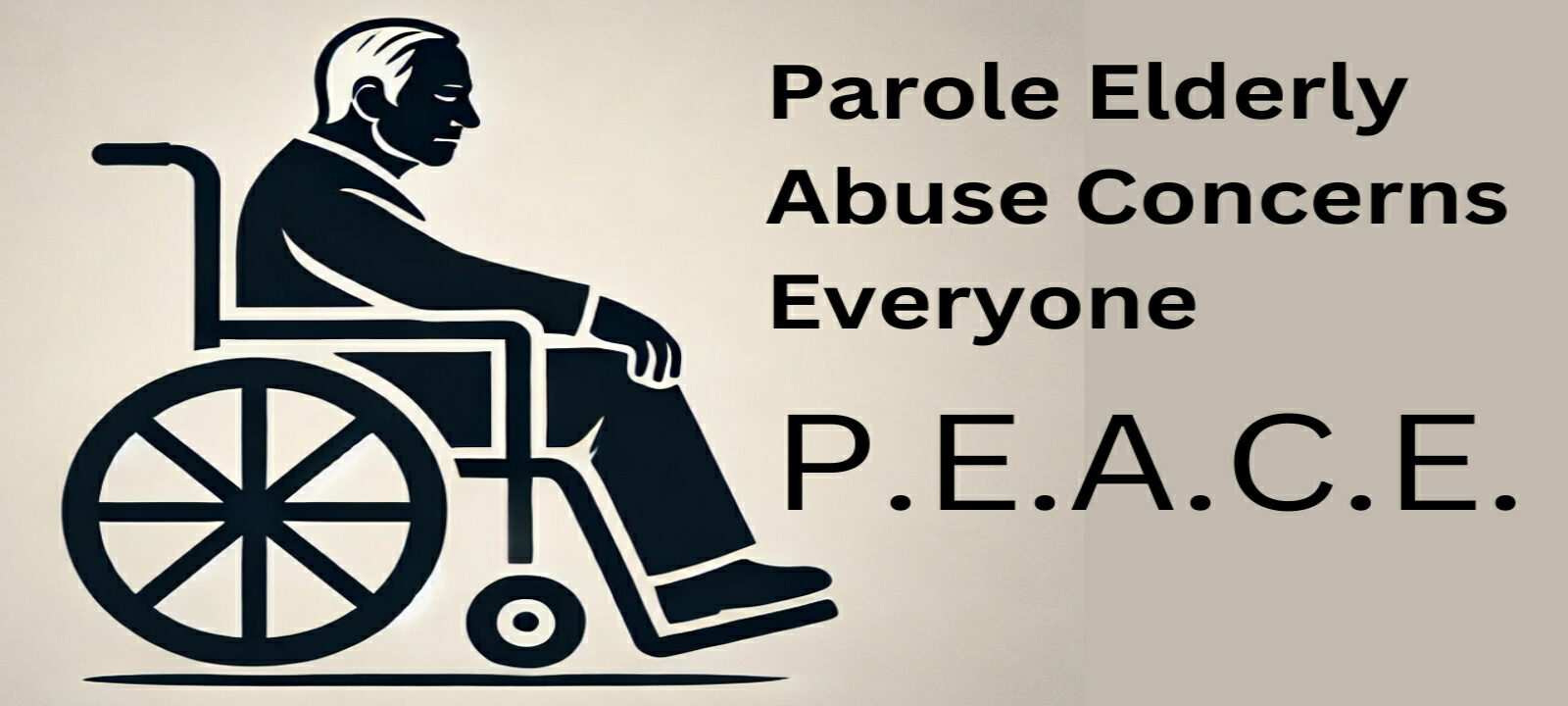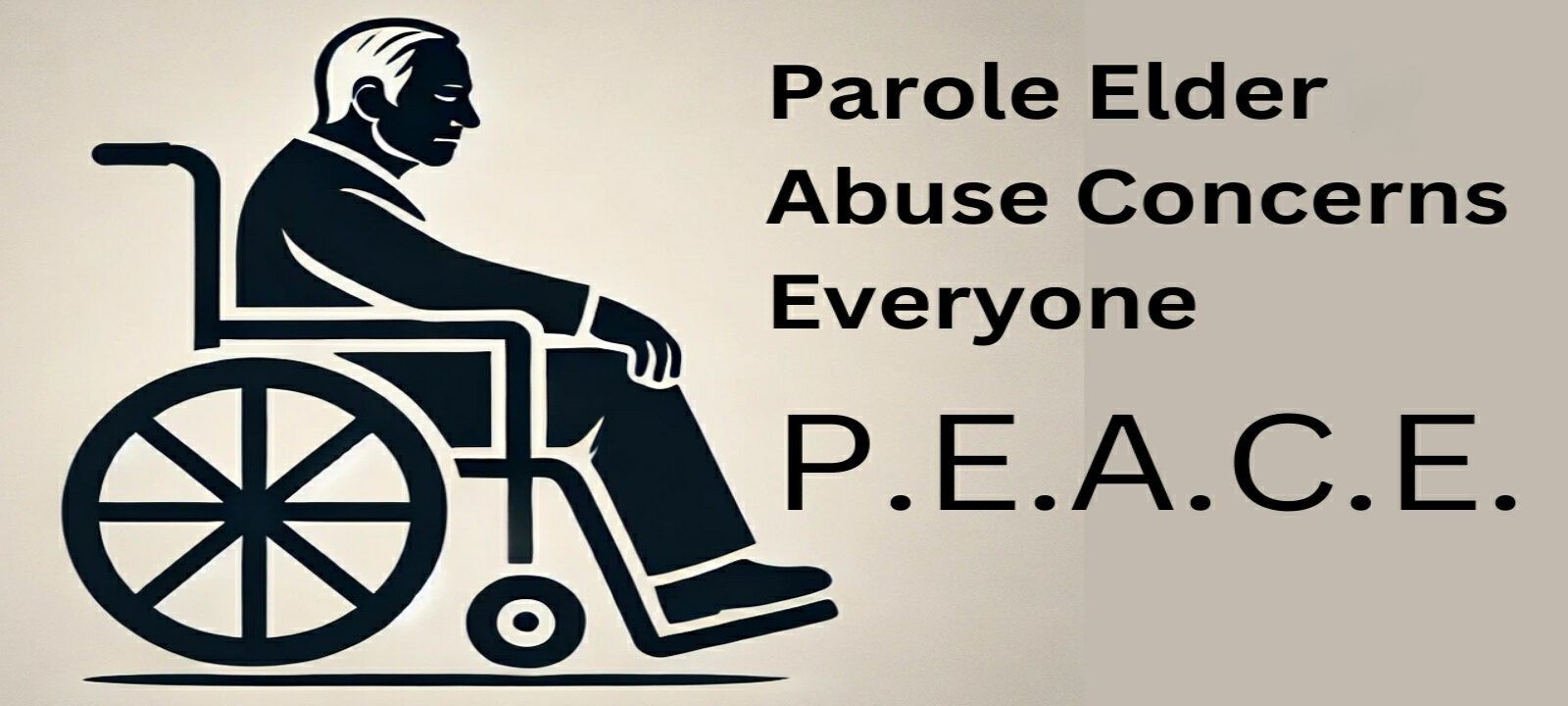By Donald “C-Note” Hooker
For nearly 50 years, Leonard Peltier has languished behind bars, his case a glaring example of a broken system that prioritizes punishment over fairness.
This article was written on December 10, 2024, and published in Mprisond Thotz.
At 80 years old, Peltier continues to endure the consequences of a deeply flawed trial riddled with suppressed evidence, coerced testimony, and prosecutorial misconduct. His imprisonment has become a symbol of how the justice system can be weaponized against marginalized communities, particularly Native Americans. It’s time to put an end to this injustice.
Leonard Peltier was sentenced to two consecutive life terms for his alleged role in the deaths of two FBI agents during a 1975 firefight on the Pine Ridge Reservation in South Dakota. But neither the judicial nor legislative branches intended his sentence to become a de facto death penalty. Yet, through repeated parole denials, Peltier has been subjected to what we at Parole Elder Abuse Concerns Everyone (P.E.A.C.E.) call an “unauthorized quasi-execution.” His continued incarceration violates the intent of his original sentencing and reflects the unchecked power of a parole system that has gone off the rails.
The flaws in Leonard’s case are staggering. Evidence that could have exonerated him was withheld during his trial. Testimony from Myrtle Poor Bear, a key witness used to secure his extradition from Canada, was later revealed to have been coerced by the FBI. Even federal judges, like the late Gerald Heaney, acknowledged the misconduct that led to Leonard’s conviction. Judge Heaney went so far as to state that the U.S. government shared responsibility for the tragic events at Pine Ridge. And yet, Leonard Peltier remains in prison, a victim of a justice system that has consistently failed him.
Peltier’s case is not just a miscarriage of justice; it is a reflection of systemic oppression. Leonard himself is a survivor of the federal boarding school system, a cruel institution designed to erase Native identity and culture. As a child, he was forcibly taken from his family and sent to a boarding school far from home, where his traditions were suppressed, and his trauma began. This early injustice laid the foundation for his activism with the American Indian Movement (AIM), which sought to address the systemic abuses faced by Indigenous communities. His imprisonment today is a continuation of that legacy of oppression.
President Biden’s October 2024 apology for the federal government’s role in the Native boarding school crisis was a significant gesture, but gestures are not enough. Clemency for Leonard Peltier would show that the administration is serious about addressing historical and systemic injustices. It would turn an apology into meaningful action, providing a measure of justice for a man whose life has been shaped by the very policies Biden condemned.
The federal parole system has exacerbated this injustice. In June 2024, Leonard faced yet another parole hearing. Despite his advanced age, declining health, and the overwhelming evidence of misconduct in his trial, the parole board denied his release and delayed his next review for another 15 years. This decision effectively condemns Leonard to die in prison, even though his sentence did not authorize such a punishment. Parole boards are not above the law, yet they have used their unchecked authority to impose extrajudicial sentences that defy the intent of the courts and legislators.
This isn’t about mercy; it’s about legality. Leonard Peltier’s continued imprisonment is an affront to the principles of justice and accountability. Clemency would not absolve him of responsibility in the eyes of the law, but it would allow him to spend his remaining years with his family and to pursue his innocence—a right he has been denied for nearly five decades.
For Native communities, Leonard’s release would be a step toward healing. His case has come to symbolize the broader injustices faced by Indigenous peoples in America, from the theft of their lands to the systemic racism that continues to permeate the justice system. Clemency would signal that the government is willing to confront these historical wrongs and take tangible steps toward reconciliation.
Leonard’s freedom would also highlight the need for broader reforms within the parole system. Peltier’s case demonstrates how parole boards have become tools of retribution, operating without oversight and imposing sentences that exceed their legal authority. This systemic abuse must be addressed to prevent others from enduring the same fate.
As a volunteer with P.E.A.C.E., I have seen how Leonard’s case has galvanized advocates across the country and beyond. His story is not just about one man—it is about the integrity of our justice system and its ability to uphold the principles it claims to represent. For me, advocating for Leonard is personal. His fight is a reminder that injustice anywhere threatens justice everywhere, and it is our collective responsibility to demand better.
President Biden, the time to act is now. Clemency for Leonard Peltier is not just an opportunity to correct a profound injustice; it is a chance to reaffirm America’s commitment to justice, fairness, and accountability. Leonard’s case is a test of our values, and history will judge us by how we respond. Let his story be a testament to the power of resilience and the possibility of change.
The choice is yours, Mr. President. Will you let this injustice persist, or will you take a stand for what is right? The nation—and the world—are watching.
[C-Note is the world’s most prolific prison artist, and has written for Inmate Blogger, Prison Journalism Project, California Prison Focus, and John Jay College of Criminal Justice, just to name a few.]



Leave a Reply